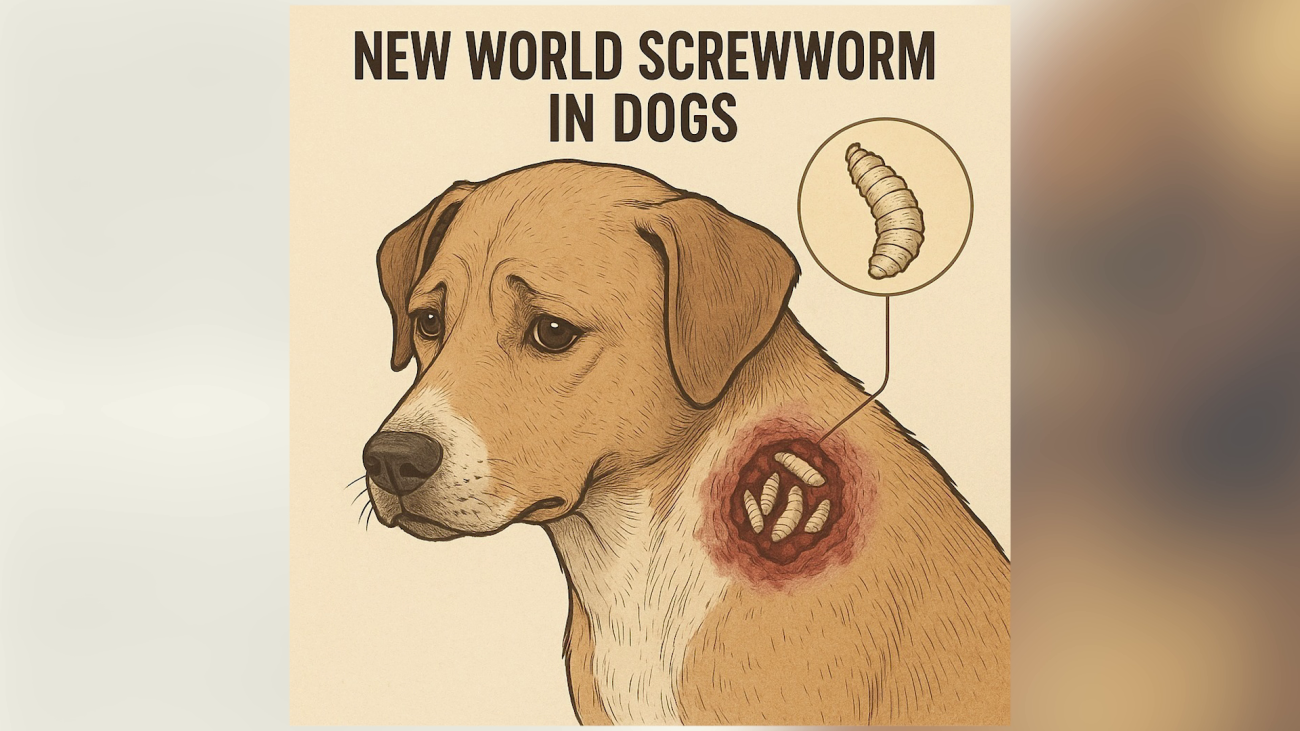Screwworm Cases Spike: Pet Owners Warned to Act Fast
While livestock have been the primary focus, Belize’s Chief Veterinary Officer, Doctor Roxana Alvarez, is now sounding the alarm about a sharp rise in cases among pets, especially dogs. As of June fourteenth, over fifty dogs have been affected, with twenty new cases reported in just the past month. What’s even more alarming is that many pet owners aren’t spotting the infestation until it’s too late—when large, painful wounds have already formed. Authorities are urging the public to inspect their pets regularly and treat this pest with the seriousness it deserves.
Dr. Roxana Alvarez, Chief Veterinary Officer
“Extremely concerning for us is that there is a marked increase in New World Screwworm cases in pets, particularly in dogs. On June fourteenth, we had fifty-nine cases in cattle, fifty-four cases in dogs, twenty-three cases in pigs, seventeen cases in horses, five cases in sheep, and two cases in goats. Of our one hundred and sixty cumulative cases, fifty-five are active cases with wounds in the process of healing. Notably, in the past four weeks, we have had twenty new cases in dogs. Even more concerning is that the owners of these dogs seem not to be aware of when infestation occurs and only notice when there is a large, gaping wound. We are calling on all pet owners to carefully inspect their dogs and cats as diligently as small stock and livestock producers are doing. The response from producers has been positive and the spread of New World Screwworm in Belize has not been as significant as that of other Central American countries. We continue to urge producers, pet owners and the public not to take this detrimental pest lightly.”






Facebook Comments